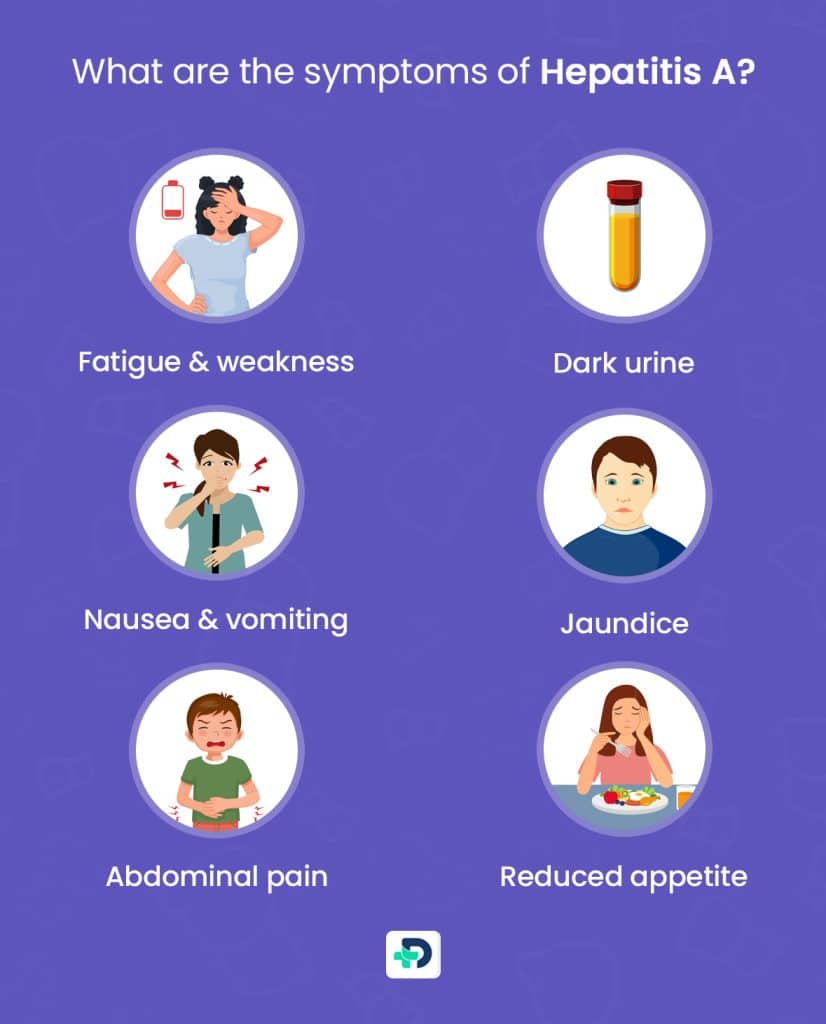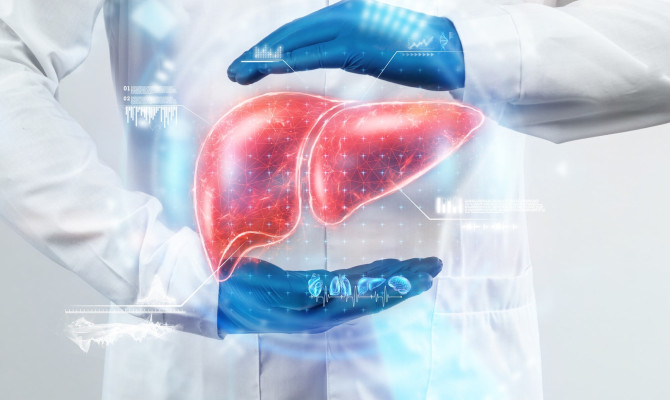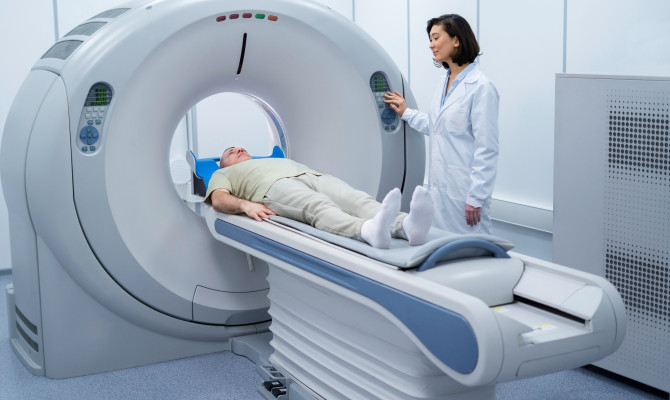Understanding Hepatitis A: Causes, Symptoms and Prevention strategies

- Hepatitis A
- 17 Aug 2023
Overview
What is Hepatitis A?
The hepatitis A virus is the virus that causes hepatitis A. Hepatitis A primarily damages the liver, inflaming it and disrupting its essential functions. However, it is usually self-limiting, meaning that it goes away on its own without any help. It can cause severe discomfort and, in rare instances, turn life-threatening.1Overview| Researched based study from Nlm.nih.gov
This article seeks to provide a thorough introduction by illuminating its causes, modes of transmission, symptoms, methods of prevention, and available treatments. We may take preventative action for ourselves and our communities by raising awareness and knowledge.

Symptoms

What are the symptoms of Hepatitis A?
- Weakness
- Loss of hunger
- Nausea and vomiting
- Abdominal pain
- Dark urine
- Jaundice
- Clay-colored stools
After exposure to the virus, the symptoms might take two to six weeks to manifest and range in severity. Here are some typical examples:
Fatigue & weakness
- Being too exhausted or weak in energy is a common symptom. From mild to severe, fatigue might last for several weeks or months.
Reduced appetite
- It may lessen appetite, which would make eating less appealing. Weight loss may happen from this.
Nausea and vomiting
- Numerous people occasionally feel nauseous and may even vomit. An overall feeling of lethargy can arise from these.
Abdominal pain
- Some individuals may experience abdominal pain or discomfort, particularly in the area around the liver. Most people describe this sensation as a dull ache.
Dark urine
- It may result in the urine turning a deeper color that resembles cola or tea. The liver produces bilirubin, a yellow pigment that accumulates and causes this color change.
Jaundice
- It is an evident symptom. The result is a yellowing of the skin and eye whites. It occurs when bilirubin builds up in the body due to liver failure.
Colored stools in clay
- Reduced bile flow from the liver might cause stools to turn pale or clay-colored. This happens when the liver cannot make enough bile, a digestive fluid that typically gives stools their characteristic brown color.2Symptoms| Researched based study from Nlm.nih.gov
Causes
Hepatitis A causes
- Contaminated food and water
- Poor hygiene
- Close personal contact with an infected person
- Travel to endemic areas
The hepatitis A virus is the cause. The virus is mainly spread by the fecal-oral route, which occurs when a person consumes food or water tainted with feces from an infected individual. Among the primary factors are:
Contamination
- Consuming food or water contaminated with the HAV virus is a common way to get sick. This can happen when people who handle food improperly contaminate the food or when sewage containing the virus contaminates water supplies.
Inadequate hygiene
- The virus can quickly spread in places with poor sanitary infrastructure due to contaminated water sources, incorrect waste disposal, and lax personal hygiene habits.1Causes| Researched based study from Nlm.nih.gov
Close personal contact
- It can be spread by being near an infected individual. Sexual activity, especially oral-anal contact, or sharing personal objects like towels or dining utensils with an infected person might result in this.
Visiting endemic areas
- Travelers are more likely to get the virus in areas where hepatitis A is more common, especially in nations with poor sanitation and hygiene standards.
- This is because they may contact with contaminated foods, water, or infected people during their stay.1Causes| Researched based study from Nlm.nih.gov
Diagnosis
Diagnosis of Hepatitis A
Medical history and physical examination
- Your doctor will start by getting more information about your symptoms, including any recent contact with suspected triggers, such as tainted food or water.
- They will also ask you about any risk factors or past travel experiences that might make you more likely to contract an infection.
A blood test
The two most common tests are:
Hepatitis Antibody tests
- These tests search for certain antibodies that the immune system creates in response to a virus.
- They identify particular antibodies that the immune system makes in response to it. Immunoglobulin M (IgM) antibodies indicate an acute or recent infection, whereas immunoglobulin G (IgG) antibodies indicate a past illness or immunity.3Diagnosis| Researched based study from Nlm.nih.gov
Liver function tests (LFTs)
- They measure the blood levels of particular proteins and enzymes that are signs of normal liver function.
- Patients with hepatitis A can show elevated levels of bilirubin and liver enzymes including alanine aminotransferase (ALT) and aspartate aminotransferase (AST).
Further tests
Additional tests could be required in some circumstances to rule out potential causes of liver disease or to evaluate the severity of the infection.
- They might involve imaging tests like a CT scan or ultrasound to assess the liver or, in rare circumstances, a liver biopsy for additional testing.
- Viral RNA testing to detect the presence of viruses may also be one of them3Diagnosis| Researched based study from Nlm.nih.gov
Treatment
How to treat Hepatitis A?
Hepatitis A doesn’t have a specific therapy because it usually goes away independently without a doctor’s help. The majority of patients get better in a few weeks or months. But there are several steps and supportive treatments that can help manage symptoms, stop problems, and encourage healing. The main points are as follows:
Dietary changes
- To help the body recover during the acute period, rest is crucial. It may be necessary to take some time off from work or school if you are experiencing fatigue.
- A well-balanced diet rich in whole grains, lean meats, and plenty of fruits and vegetables helps support liver function and speed up healing.
- Choose lean proteins like tofu, fish, and lentils.
- Limit your consumption of fried foods, processed meats, full-fat dairy products, and fatty foods.
- Choose smaller, more frequent meals throughout the day rather than larger ones.
Avoidance of alcohol and certain medicines
- Avoiding alcohol and other medications, such as over-the-counter medications and herbal supplements, might reduce the liver’s ability to repair itself and put more strain on it7Treatment| Researched based study from Nlm.nih.gov
- While getting better, it’s crucial to abstain from alcohol and seek medical advice before taking any medications or supplements.
Symptoms control
Supportive care can be used to manage a variety of ailments. For instance:
- Nausea and diarrhea: Antiemetic drugs can reduce nausea and vomiting
- Itching: Antihistamines sold over the counter or by prescription can help reduce itching.
- Joint pain: Nonsteroidal anti-inflammatory medications (NSAIDs) or painkillers may be suggested to control pain.7Treatment| Researched based study from Nlm.nih.gov
Observation and follow-up
- To monitor liver function and guarantee appropriate recovery, it’s vital to have regular checks with a medical practitioner.6Treatment| Researched based study from Nhs.uk ,7Treatment| Researched based study from Nlm.nih.gov
Complications
What are the complications?
Fulminant hepatitis
- Hepatitis A can occasionally lead to fulminant hepatitis, a severe form of liver failure.
- It is characterized by the quick and widespread death of liver cells, which causes a marked decline in liver function.
- Life-threatening consequences may include requiring an urgent medical procedure like a liver transplant.9Complications| Researched based study from Sciencedirect.com
Hepatitis with cholestasis
- Cholestasis, a disorder marked by decreased bile flow from the liver, can occasionally form it.
- The buildup of bilirubin causes symptoms like severe itching, pale stool, and dark urine.
- It usually goes away when the infection gets better, but in a few unusual instances, it could last a long time.
Relapse
- Relapses are occasionally the result, where symptoms initially get better but then worsen again after a while.
- These relapses could make the sickness last longer and necessitate more medical attention8Complications| Researched based study from Niddk.nih.gov
Acute liver failure
- Acute liver failure can happen in hepatitis A patient. However, it is uncommon.
- This is characterized by an unexpected decline in liver function, which can cause several severe consequences.
- It needs urgent medical care and might need a liver transplant to survive8Complications| Researched based study from Niddk.nih.gov
Prevention
Prevention of Hepatitis A
Hepatitis A vaccine
- Vaccination is the most effective way of preventing hepatitis A. Long-lasting immunity against the virus is provided by the safe and highly efficient vaccine.
- People at risk, such as those who plan to have close physical contact with an infected individual, those who have chronic liver disorders, males who have sex with men, drug users, and travelers to endemic regions, are advised to get the vaccine.
- It is also advised as a part of routine childhood vaccinations in many nations.
Maintain proper hygiene
- The danger of transmission can be considerably decreased with good hygiene habits.
- After using the restroom, changing diapers, and preparing or eating meals, one should thoroughly wash their hands with soap and water.
- If soap and water are not available, alcohol-based hand sanitizers can be used in their place.4Prevention| Researched based study from Nlm.nih.gov
Avoiding close personal contact
- Sexual contact with those who have hepatitis A or are showing signs of infection falls under this category.
- Avoid sharing personal items and objects that could come into contact with the virus, such as toothbrushes, razors, and dining utensils.
- Ensuring food is cleaned, prepared, and stored correctly and drinking safe water.
- Consuming uncooked or undercooked seafood puts you at risk of contracting hepatitis A.5Prevention| Researched based study from Cdc.gov
Be careful when traveling
While taking extra care will lessen the chance of infection if you visit areas where hepatitis A is more common. This comprises:
- Ensuring the hygiene and safety of the food and water you ingest.
- Foods that may have been washed in contaminated water, such as fruits and vegetables, should not be eaten raw or undercooked.
- Consuming bottled water, boiling water, or purifying water using filters to make it suitable for ingestion.
- Proper hygiene includes washing your hands frequently, especially before eating or preparing food5Prevention| Researched based study from Cdc.gov
Think about taking post-exposure medicine
- You might qualify for after-exposure prophylaxis if you had close contact with someone diagnosed with hepatitis A or may have consumed tainted food or water.
- To stop the illness from spreading, a dosage of the vaccine or immunoglobulin must be administered within a specific window of time4Prevention| Researched based study from Nlm.nih.gov ,5Prevention| Researched based study from Cdc.gov
Any feedback on this article?
 This Articles content was accurate
This Articles content was accurate Very Informative Article
Very Informative Article I have a question or a comment
I have a question or a comment
 This article contains inaccurate content
This article contains inaccurate content This article was not helpful
This article was not helpful I have a question or a comment
I have a question or a comment
We appreciate your helpful feedback!
Checkout our social pages
References
-
National Library of Medicine
Hepatitis A | Overview | Causes
-
National Library of Medicine
Hepatitis A | Symptoms
-
National Library of Medicine
Diagnosis of Hepatitis A Virus Infection: a Molecular Approach | Diagnosis
-
National Library of Medicine
Hepatitis A: Epidemiology, High-Risk Groups, Prevention and Research on Antiviral Treatment | Prevention
-
Centers for Disease Control and Prevention
Hepatitis A | Prevention
-
National Health Service
Hepatitis A | Treatment
-
National Library of Medicine
Hepatitis Treatment | Treatment
-
National Institute of Diabetes and Digestive and Kidney Diseases
Hepatitis A | Complications
-
Science Direct
Fulminant Hepatic Failure | Complications





































